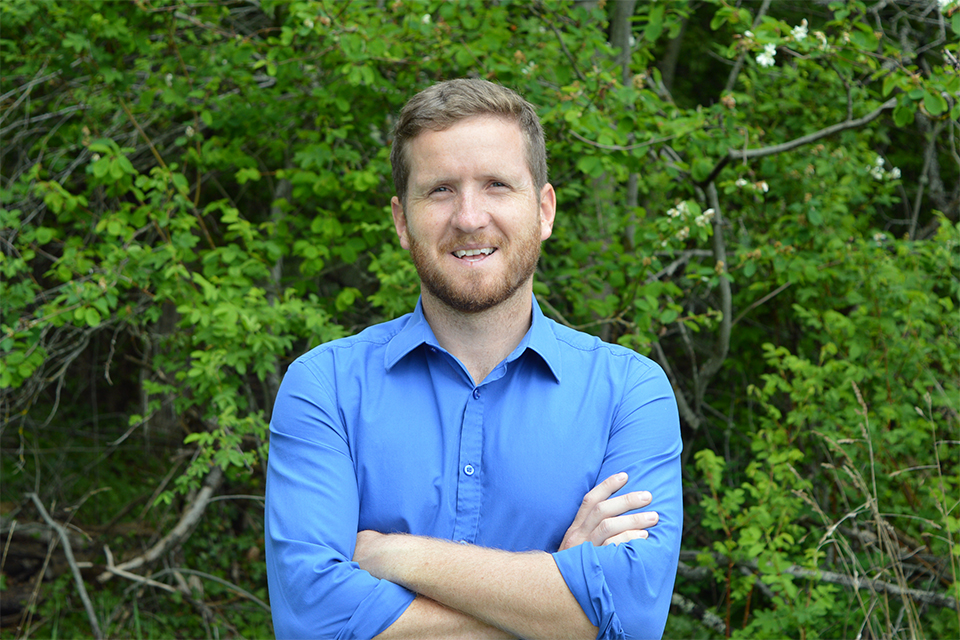Sobering facts: Adam Sherk helps inform drinkers
- Jenny Manzer

UVic alumnus Adam Sherk (PhD ’19) is a postdoctoral fellow at the Canadian Institute for Substance Use Research (CISUR) at the University of Victoria. Sherk is regularly featured in news outlets around the world commenting on alcohol use and related harms. The team at CISUR is helping to rework Canadian drinking guidelines—which are expected out next year. Sherk kindly answered six questions regarding these hard truths about alcohol.
Q. Some readers may have just participated in Dry January as a way to reduce or perhaps gain insights on their alcohol consumption. What is your opinion of this phenomenon?
A. I’ve participated in Dry January twice. It was a good way to get in touch with alcohol’s place in your life, how much and when you drink, and the reasons that those of us who drink do so. I’d recommend it for anyone curious about their relationship with alcohol. Studies have shown that people who participate have more energy and sleep better during that month. It’s important not to give alcohol a free pass, as it’s an important component of our overall health. Be honest with yourself about your relationship with substances, alcohol included.
Q. The famous red-wine study showing that moderate consumption benefits the heart had some flaws and comes with caveats. Can you condense the “take-home message?” about this for those who remain confused?
A. I’m used to being the bearer of bad news, so can do. As many of us who drink probably already suspect: there’s no level of alcohol use that’s good for you. None is best for your health, but beyond that drinking about one drink per day probably keeps the risk down at fairly low levels. We’re currently helping to re-work Canadian drinking guidelines–they’ll be out next year.
Q. You’ve been involved in many well-publicized studies (none of it particularly good news for those who imbibe). What is the most important message you would share with the public from your data?
A. The fact that alcohol causes cancer, as well as my last answer. Alcohol, along with smoking, diet and lack of exercise, are the leading preventable causes of cancer. We’ve known this for decades, but more than half of drinkers still don’t realize it. That’s a failure on lots of levels and we need to get the word out so Canadians can make healthy choices.
Q. What is at the top of your alcohol policy wish list?
A. A minimum price per drink for alcohol, for Canada. There is a lot of super-cheap alcohol out there, like malt liquors and cheap liquor. This has a very high bang-for-buck in terms of pure alcohol content. It is really harmful, especially for those most vulnerable who are searching out the cheapest booze. This would change the price of only a small proportion of products (about 5%), but would have a big effect on our health.
Another policy that would reduce substance-use harms would be one focused on narrowing socioeconomic circumstances. In virtually all areas of health, outcomes are strongly linked to economic means, especially at the bottom of the ladder. Income and means provide resilience, so any policy promoting this resilience, like a basic income, would be sure to have a positive effect on population health.
Q. You’re a UVic alumnus. How did your experience at UVic shape your approach to alcohol research and policy?
A. It was central. I did my doctoral affiliated with UVic’s Canadian Institute for Substance Use Research (CISUR), which is one of the research centres on campus. The research centres bring together interdisciplinary faculty from around campus, interested in a common cause like substance-use research. It was a great experience that helped to shape my research career.

